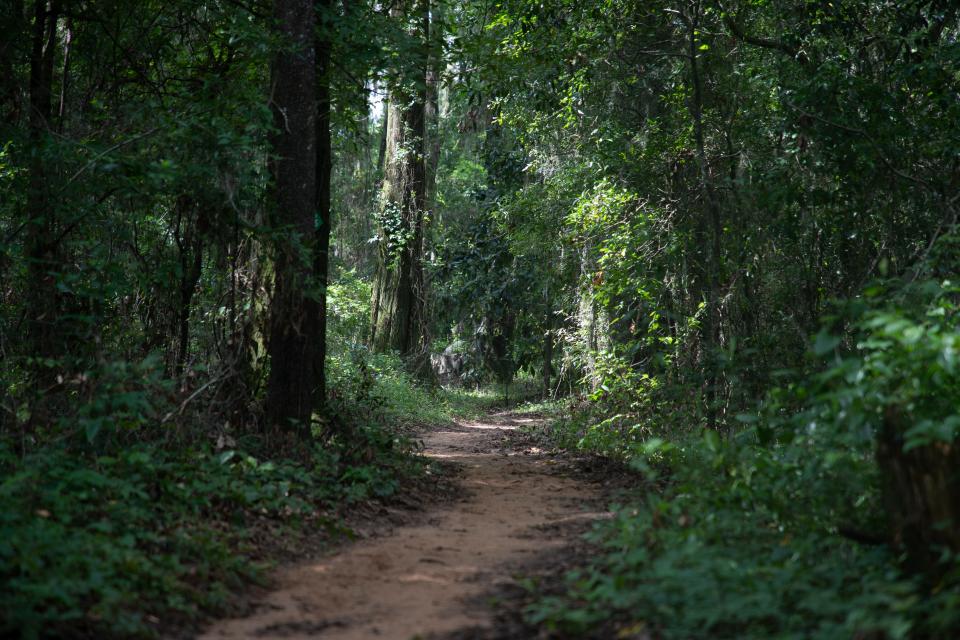From Earth Day to Screen-Free Week: A natural progression
As we approach Earth Day on April 22nd, it's a perfect moment to stop and consider the advancements we've made and the path that remains to preserve our planet.
Earth Day has been with us since 1970 and was largely initiated by Senator Gaylord Nelson of Wisconsin. His call to action resonated strongly among college campuses and the younger generation in America, many of whom were already actively protesting the Vietnam War. This is a narrative of success as the government listened to the people's will and passed clean water and clean air laws and set up an environmental protection agency that is still with us today.

While we celebrate Earth Day, it is a reminder that protecting the planet is never-ending. Although progress has been made, we have regressed in terms of youth spending time outdoors. Nearly half of American teenagers are spending an average of eight hours a day on screens. This is troubling. Our ability to protect and preserve is directly linked to our understanding of the environment around us and the personal encounters we experience. One of our goals this year should be to motivate our children to disconnect from technology and spend more time outside.
With the current legislative efforts to ban TikTok and implement age restrictions on social media, the public is waking up to this new environmental threat. Studies show excessive screen time can lead to stress, loneliness, and sleep problems in children. Jonathan Haidt, author of the new book "The Anxious Generation," emphasizes this link between screen time, childhood well-being, and losing unstructured time to explore the outdoors.
The good news is that we can reverse this. Richard Louv, author of "Last Child in the Woods," highlights how spending time outdoors can make kids happier and less stressed. Playing outside isn't just fun; it's educational too. Kids can learn fascinating new things about plants and animals, even survival skills, as championed by outdoorsman Steven Rinella of the Netflix show "Meateater." The outdoors also fosters social connection. Robert Putnam, a sociologist specializing in community engagement, emphasizes the importance of outdoor play in teaching teamwork and social skills. This helps children feel a sense of belonging and connection to something larger than themselves.

This Earth Day, use it as a springboard to assess your child's screen time. Look for outdoor activities during Screen-Free Week (May 6th-12th). Explore Florida's parks and wildlife management areas. Go on a long hike and look for bugs and birds. Plan and find a summer camp with lots of hands-on skill-building like kayaking, fishing, and wildlife exploration.
In the long run, fostering a love for nature isn't just about happier, healthier kids, it is an absolute urgency in protecting the environment and creating the next generation that cares.

Daniel Parker is the former Director of the Florida Youth Conservation Centers Network with the Florida Fish & Wildlife Conservation Commission. He may be reached at [email protected]
JOIN THE CONVERSATION
Send letters to the editor (up to 200 words) or Your Turn columns (about 500 words) to [email protected]. Please include your address for verification purposes only, and if you send a Your Turn, also include a photo and 1-2 line bio of yourself. You can also submit anonymous Zing!s at Tallahassee.com/Zing. Submissions are published on a space-available basis. All submissions may be edited for content, clarity and length, and may also be published by any part of the USA TODAY NETWORK.
This article originally appeared on Tallahassee Democrat: From Earth Day to Screen-Free Week: A natural progression
